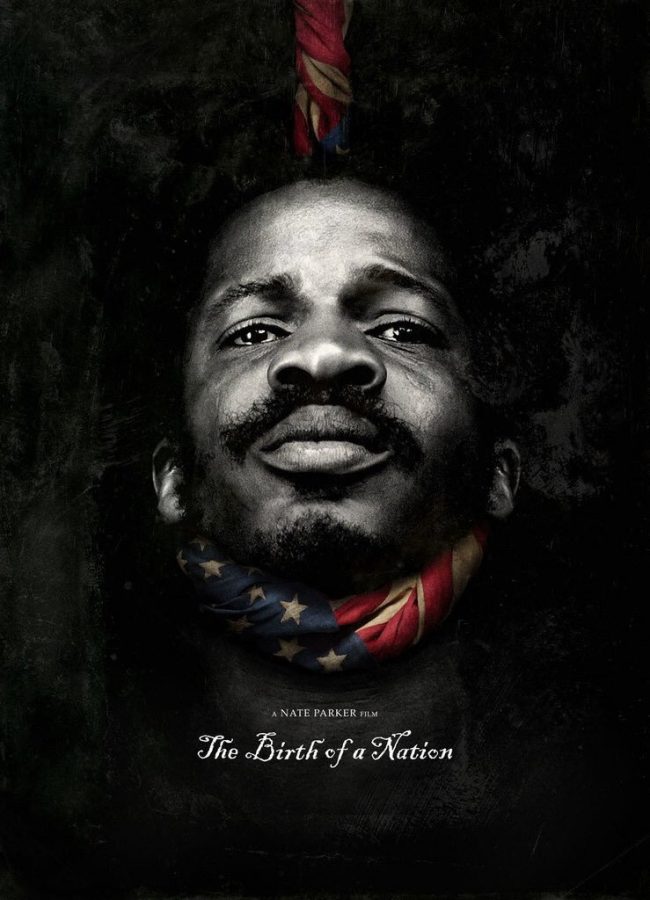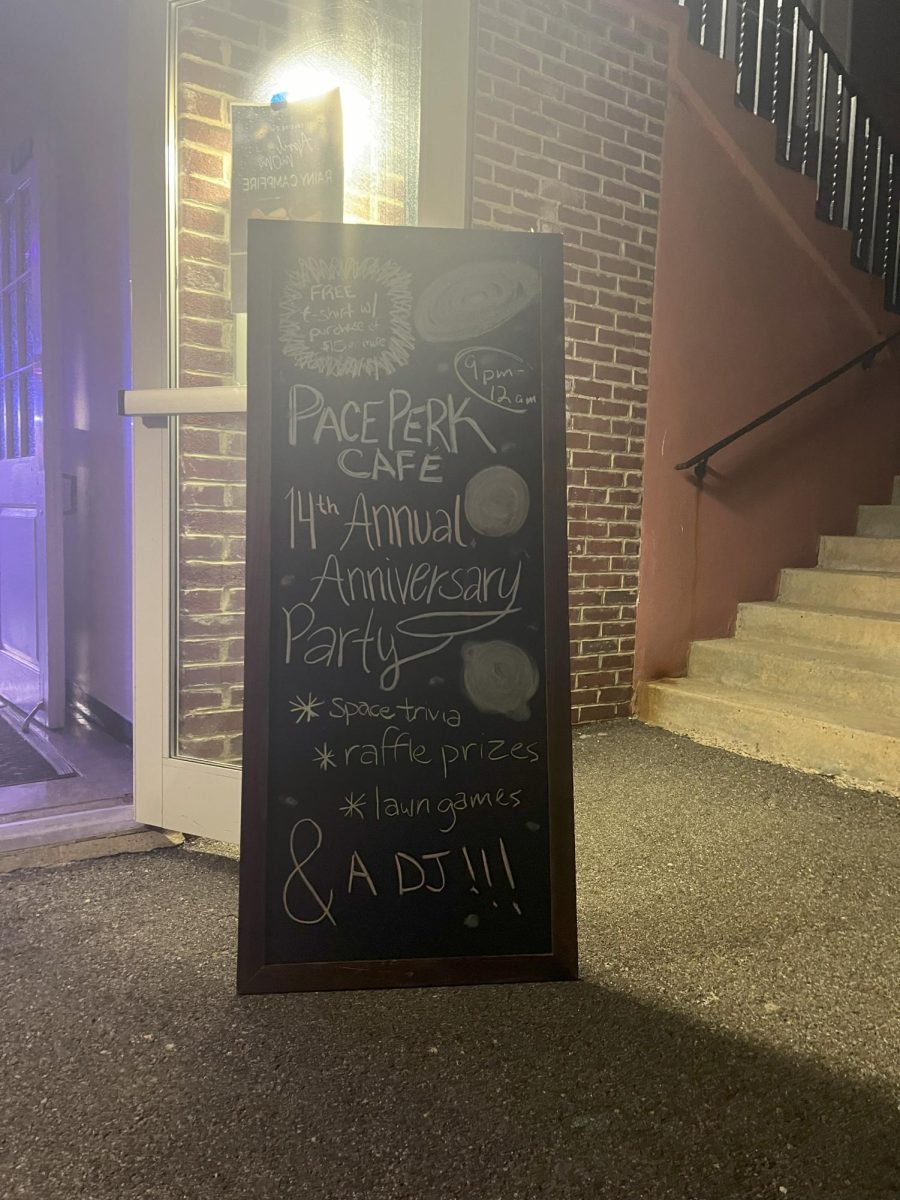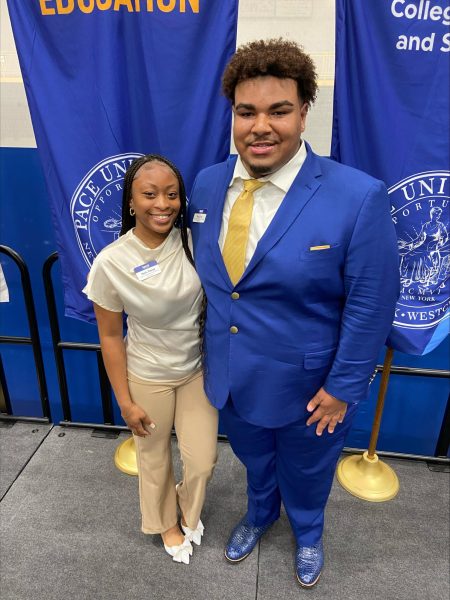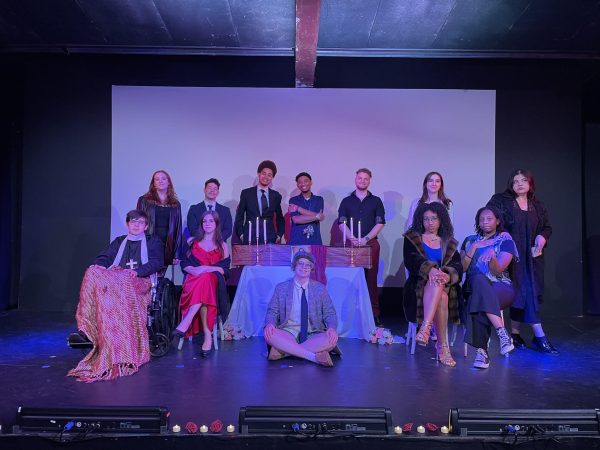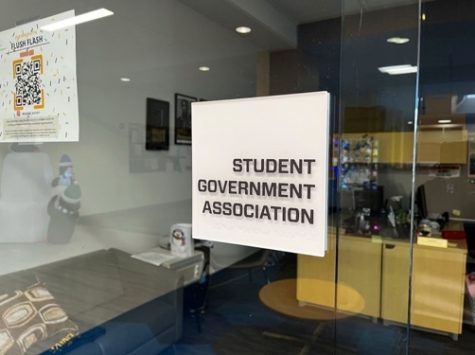Birth of a Nation Remake and Rape Culture
October 11, 2016
The remake of the movie The Birth of a Nation was released in over 1,500 theaters in America this past Friday. The director, the writer, and lead in the movie, Nate Parker, has been the source of controversy in the upcoming weeks.
Parker, while attending Penn State University nearly two decades ago in 1999, was accused and acquitted of raping a classmate. The alleged rape victim’s sister, Sharon Loeffler, wrote about this incident wrote about the incident in the OP-ED of The Variety on Sept. 29.
Loeffler wrote with explicit detail the information about her sister’s case and how Parker and a wrestling teammate of Parker, Jean Celestin, had ruined her sister’s life.
In 2012, Loeffler’s sister committed suicide. When Parker found out that his accuser killed herself in 2012 he was “shook.”
“I was acting as if I was the victim,” Parker said. “And that’s wrong. I was acting as if I was the victim because I felt like, my only thought was that I’m innocent and everyone needs to know. I didn’t even think for a second about her, not even for a second.”
Gabrielle Union, an actress in Parker’s A Birth of a Nation, wrote in the Los Angles Times in response to the news.
“Rape is a wound that throbs long after it heals. And for some of us the throbbing gets too loud. Post-traumatic stress syndrome is very real and chips away at the soul and sanity of so many of us who have survived sexual violence,” Union said.
Union in this Op-Ed opened up to the world about her own experience with sexual violence. sharing that she was once raped when she was 17 in the back of a Payless shoe store where she once worked. This was the reason why she accepted the role in the film but she also says that the information is not something to be taken lightly.
In the film, Parker included a rape scene of Nat Turner’s wife. Nat, who is played by Nate Parker uses this rape to justify his rebellion.
“I think it’s interesting if he did, in fact, rape the woman that he then moved forward with creating a movie centralized around rape. It seems that he would almost be desensitized or not understand the psychological toll that it takes on somebody who is raped. Even if he didn’t in fact rape the woman it’s still interesting to think about how close it hits home to him,” Pace sophomore Meredith Bowman said.
Parker has been very open about the incident and his past and made it an effort to apologized directly to those affected by sexual assault. He called his actions “insensitive” and “nonchalant.”
“All I can do is seek the information that’ll make me stronger, that’ll help me overcome my toxic masculinity, my male privilege because that’s something you never think about. You don’t think about other people. I recognize as a man there’s a lot of things that I don’t have to think about. But I’m thinking about them now,” Parker said.
When asked what if Loeffler will watch the movie, she said she would for a true version of this story to be told that respects history and does not re-exploit her sister.
“I don’t think that I will ever see the movie. I don’t want to contribute to rape culture in our society. Regardless if he actually raped this woman or not, rape is something that is prevalent, and each time it is broadcasted on the big movie screen, it helps to desensitize and normalize the idea of rape,” Bowman said.
Despite the controversy, some students still want to see the movie because of it’s history.
“I will most likely see this movie especially being an African-American male in the United States of America. If you don’t know your history, it has its way of repeating itself. This movie is a reminder of the oppression that the white man forced upon us,” said junior David Grant.

